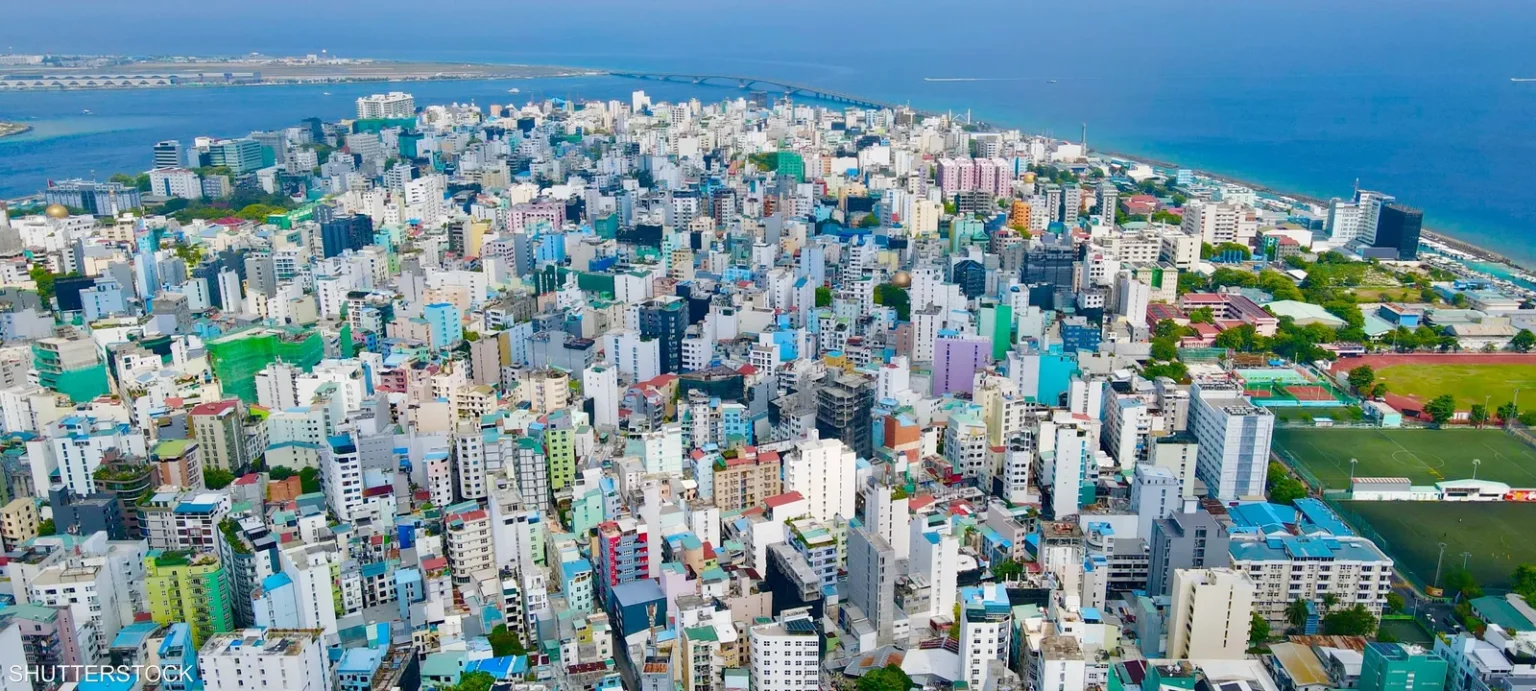The Maldives, known for high-end tourism, has denied reports that its financial troubles exceed “temporary” and it is not considering seeking assistance from the International Monetary Fund, despite warnings of possible debt defaults.
Foreign Minister Mohamed Naseem insisted that the archipelago-which boasts high-end resorts favored by celebrities-is pushing forward with tax increases as it pursues paying off its debt.
Naseem told reporters in Colombo: “We have very sensitive bilateral partners who are conscious of our needs and of our situation.”
He said, “I don’t think this is the right time to go to the IMF. The situation we’re in is pretty short-term because we are having a decline in reserves now.” Naseem said that tax reforms, backed by rationalization of state-owned enterprises, would result in better liquidity.
Naseem visited Sri Lanka with Finance Minister Mohamed Shafiq for talks with central bank governors and other officials.
The Maldives, located at the intersection of major international maritime routes flowing between East and West, has emerged as a focal point of the geopolitical rivalry between India and China, the two biggest creditors to the nation. Closer ties with China have been pursued since the election victory of Mohamed Muizzu in September 2023.
According to official data, Maldives’ external debt was at $3.37 billion in the first quarter of the year, roughly 45% of the country’s GDP. Of this, about 20% is accounted for by China, while India accounts for just under 18%.
The visit from Naseem comes after Moody’s lowered the credit ranking for the Maldives to Caa2, a grade suggesting high credit risk. Fitch Ratings also downgraded the Maldives in June, saying thinning foreign exchange reserves was a key financial vulnerability and overall government debt service obligations-hitting $409 million this year-have the potential to further raise pressure on the economy.



